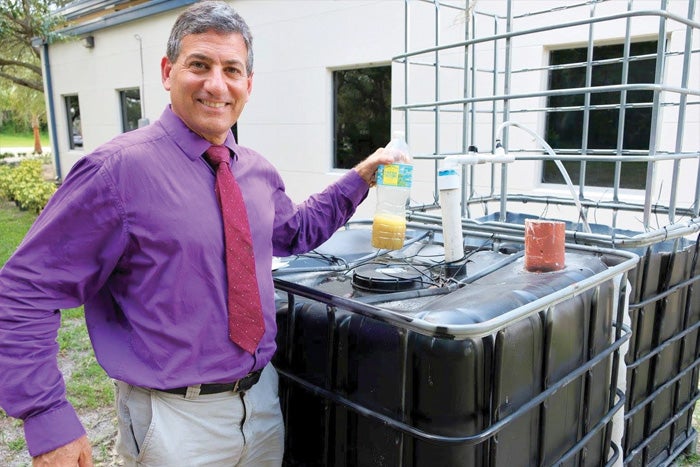National Geographic Explorer to speak at Catawba
Published 12:00 am Thursday, November 9, 2017

- Submitted photo National Geographic Explorer Dr. T.H. Culhane will speak at Catawba College's Centerfor the Environment on Nov. 20.
SALISBURY — National Geographic Explorer T.H. Culhane calls himself “a soldier on a different battle front.” Working in slums with sustainable technology is like basic training in geography, technology and humanity, he says.
Culhane, an urban planner, educator and engineer who serves as a National Geographic Emerging Explorer, will speak Nov. 20 at the Center for the Environment at Catawba College. His topic will be “Providing Energy Access, Resilience, and Sustainability through Simple Renewable and BioFuel-Based Technologies at Grassroots Levels Throughout the World.”
The “battle fronts” from which Culhane has waged his war on global problems have taken him to Egypt, Rwanda, Kenya, Botswana, Palestine and beyond.
His work at the local level in developing countries has bolstered his resolve.
“We have all of the solutions (to global problems) at our fingertips to realize a world of abundance and hope, and most are rather easy to implement,” Culhane says. “We highlight specific techniques and technologies and ways of thinking that widen the solution space.”
A specialist in environmental services technologies, Culhane is co-founder and creative director of Solar CITIES, which stands for “Connecting Community Catalysts Integrating Technologies for Industrial Ecology Systems.”
He conducts training workshops for the urban poor in Cairo, helping them create and install solar hot water and biogas systems, using local and recycled materials and labor. He also works with wind power, aquaculture, hydroponic rooftop gardening, photovoltaic and concentrated solar thermal electricity generation.
Culhane will discuss the results of his recent trip to Rwanda to do a National Geographic presentation on how people can use nexus thinking in general and biodigester technology at the local level to help curb deforestation and improve the chances for mountain gorillas to survive, as well as alleviate poverty in the local population and reduce dependency on firewood, charcoal and fossil fuels.
He will also introduce work he has done with the Jane Goodall Institute at Gombe Stream National Park in Tanzania. Shortly after becoming a National Geographic Explorer in 2009, Culhane brought his insights on sustainability and renewable energy to Kenya and Bostwana where he worked with Dereck and Beverly Joubert, who founded National Geographic’s Big Cats Initiative.
Culhane’s speech will also focus on the impact of systems thinking, food-energy-water nexus thinking and synergies across disciplines to solve thorny problems of development.
He also will show how he and his wife, Enas, live off the grid, providing all their electricity with solar panels and biogas generators.
Culhane studied biology and anthropology at Harvard University before earning a Ph.D. in urban planning from UCLA. He is an instructor at the University of South Florida’s Patel College of Global Sustainability.
The presentation, co-hosted by the Center for the Environment and Catawba College’s Department of Environment and Sustainability, is scheduled for 7 p.m. in Room 300 of the Center for the Environment buildin. It is free and open to the public but registration is required.
To register, visit CenterForTheEnvironment.org or call 704.637.4791.


